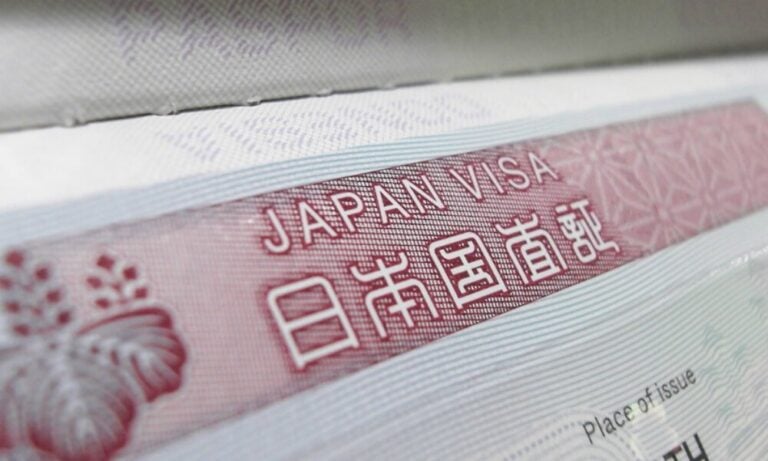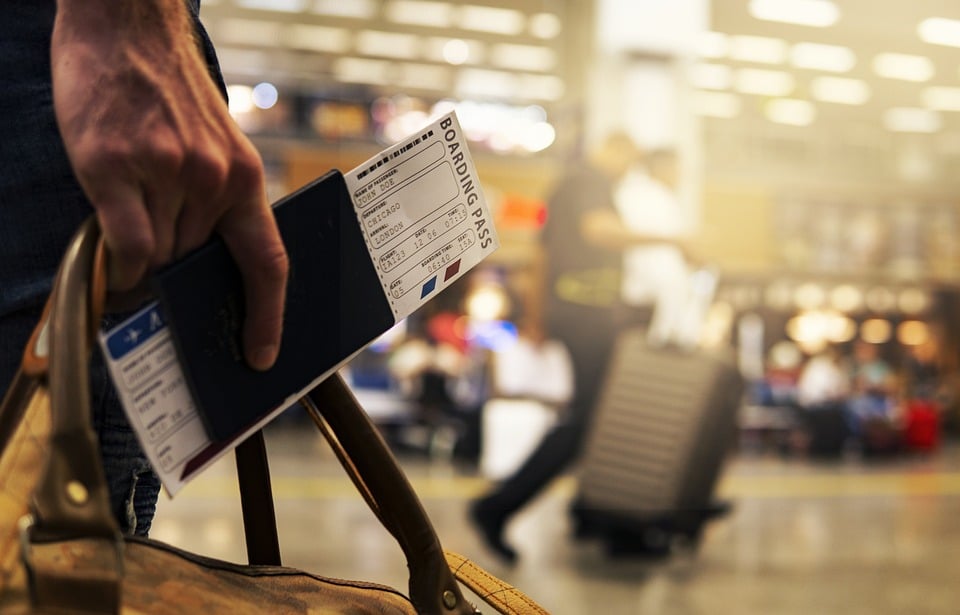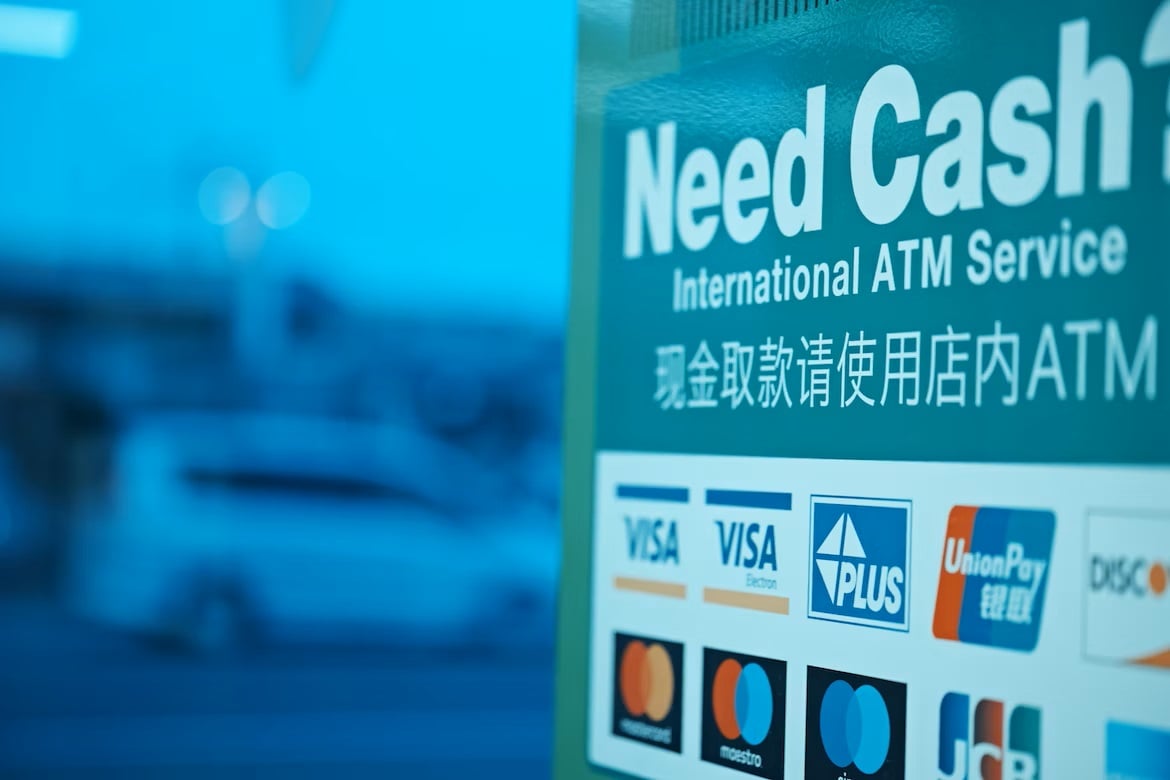
Since arriving in Japan, I’ve felt like visas are a confusing puzzle. My visa is the key that unlocks the door to being here, yet I’ve found the system difficult to comprehend. Japan has a rigorous visa policy, which means that most foreign nationals need to obtain one before entering the country. However, the type of visa required can vary depending on the purpose of your visit, the duration of your stay, and your nationality.
It’s a complex process, but fear not! In this article, I’ll demystify the different types of visas available in Japan and guide you on how to obtain them.
Overview of Japanese Visas
Tourist visas are usually granted for short stays of up to 90 days and are issued to individuals who want to travel to Japan for sightseeing or to visit friends and family. Working visas, on the other hand, have to be issued by a Japanese company and are valid for one, three or five years.
Japan also offers student visas for those who want to study at a Japanese university or language school. These visas are valid for the duration of the study program. There are also specialized visas for those who are married to Japanese nationals, have family members living in Japan, or are participating in specific cultural exchange programs.
To apply for a visa, you need the apply form, supporting documents, and undergo an interview at a Japanese embassy or consulate. It’s worth noting that Japan has strict immigration laws, and the government has the right to deny entry to individuals who do not meet the criteria for their visa type or who have a criminal record.
If you’re planning to visit or work in Japan, it’s crucial to research the specific visa requirements for your nationality and purpose of visit and to apply for your visa well in advance of your planned travel dates. Understanding the types of visas available in Japan can make the application process smoother and increase your chances of being granted a visa.

Types of Visas in Japan
If you’re planning to stay in Japan for more than 90 days, you’ll need to obtain a visa. But which type of visa is right for you? Japan offers a variety of visas, each with its own specific requirements and purposes. The most common types of visas include the working visa, student visa, dependent visa, technical intern training visa, cultural activities visa, spouse/child of Japanese national visa, and permanent residency visa. Each visa type has its own eligibility criteria, application process, and required documents.
So, let’s go over the different types of visas, what their purposes are, and what you’ll need to apply.
Tourist visa: This visa is for individuals who plan to visit Japan for tourism or sightseeing purposes. The maximum stay is 90 days.
Required Documents:
- 4,000 yen (approximately $36 USD)
- A valid passport
- Completed visa application form
- Proof of sufficient funds to cover your stay in Japan
- Round-trip airline tickets or itinerary
- Proof of accommodation in Japan
Working visa: This visa is for individuals who plan to work in Japan. It is usually valid for one to five years and requires a sponsor in Japan.
Required Documents:
- 3,000 yen (approximately $27 USD)
- A valid passport
- Completed visa application form
- Certificate of Eligibility (issued by your sponsor in Japan)
- Proof of qualifications and work experience
- Medical certificate (in some cases)
Student visa: This visa is for individuals who plan to study at a Japanese university, college, or language school. It is valid for the duration of the course of study.
Required Documents:
- 3,000 yen (approximately $27 USD)
- A valid passport
- Completed visa application form
- Certificate of Admission to a Japanese university or language school
- Proof of sufficient funds to cover tuition and living expenses in Japan
- Medical certificate
Dependent visa: This visa is for family members of individuals who have a valid working or student visa in Japan.
Required Documents:
- 3,000 yen (approximately $27 USD)
- A valid passport
- Completed visa application form
- Proof of relationship to the main visa holder
- Proof of financial support
Technical intern training visa: This visa is for individuals who plan to participate in an internship or training program in Japan. It is valid for up to five years.
Required Documents:
- 3,000 yen (approximately $27 USD)
- A valid passport
- Completed visa application form
- Certificate of Eligibility (issued by your sponsor in Japan)
- Proof of qualifications and work experience
- Medical certificate
Cultural activities visa: This visa is for individuals who plan to participate in cultural or artistic activities in Japan, such as traditional Japanese arts or martial arts.
Required Documents:
- 3,000 yen (approximately $27 USD)
- A valid passport
- Completed visa application form
- Proof of enrollment in a cultural or artistic program in Japan
- Proof of sufficient funds to cover living expenses in Japan
- Medical certificate (in some cases)
Long-term stay visa: This visa is for individuals who plan to stay in Japan for an extended period of time but do not fall under any of the other visa categories.
Required Documents:
- 6,000 yen (approximately $54 USD)
- A valid passport
- Completed visa application form
- Proof of sufficient funds to cover living expenses in Japan
- Medical certificate (in some cases)
Spouse or child of a Japanese national visa: This visa is for individuals who are married to or are children of Japanese nationals.
Required Documents:
- 3,000 yen (approximately $27 USD)
- A valid passport
- Completed visa application form
- Proof of relationship to the Japanese national
- Proof of financial support
Permanent residency visa: This visa is for individuals who have lived in Japan for a certain number of years and meet certain criteria, such as language proficiency and good behavior.
Required Documents:
- 8,000 yen (approximately $72 USD)
- A valid passport
- Completed visa application form
- Proof of continuous residency in Japan for a certain number of years
- Proof of sufficient financial resources and stable employment
- Certificate of Tax Payment
It’s important to note that the visa requirements and application process can vary depending on your nationality and the purpose of your visit. It’s always a good idea to consult with a Japanese embassy or consulate for more specific information.

What difficulties might I have in applying for a Japanese visa?
Getting a visa in Japan can be a complicated process, and there are several potential difficulties that applicants may encounter. Here are some of the biggest difficulties that applicants may face when applying for a visa in Japan.
It’s important to keep in mind that Japan has strict eligibility criteria for most types of visas, which applicants must meet in order to be granted a visa. This can include demonstrating proof of financial resources, work experience, or language proficiency, among other requirements. Therefore, when applying for a visa to Japan, it’s essential to have prepared the necessary documentation to prove that you can support yourself and provide a clear explanation of why you want to live in Japan.
Another important thing to consider is that visa processing times in Japan can be quite lengthy, especially during peak travel seasons. Therefore, it’s crucial to plan and apply for your visa well in advance of your intended travel dates. Additionally, once you are in Japan, you will need to renew your visa. Keep in mind that this process can take up to a month, so it’s important to be careful and not wait until the last minute to renew it.
A third complaint that is often brought up regarding visas is the lack of transparency. Some applicants may find the visa application process to be opaque, with little information available about the reasons for visa denials or the criteria used by immigration officials to make decisions. That’s why it is crucial to ensure that you have clear and concise documents explaining your intentions, how you plan to support yourself, and what qualifications you possess. It’s always best to cover as many bases as possible to reduce the likelihood of immigration officials feeling uneasy and questioning your application.
When considering what you want to do in Japan, keep in mind that your visa application may depend on having a sponsor. Many types of visas in Japan require a sponsor, such as an employer or educational institution, which can add an extra layer of complexity to the application process. Although you may be able to change your sponsor later, it is important to remember that doing so can be time-consuming and risky. Therefore, you should be aware of who your sponsor is, ensure that you can clearly communicate with them, and feel secure in their sponsorship, especially if it is your employer.
The last thing to keep in mind is that having a criminal record can make obtaining a visa quite difficult. Criminal records are always required to be reported, and background checks will be conducted. Any record of a criminal offense will have to be clearly explained, so it’s important to be cautious if this applies to you.

What is the six-month policy for residency?
In 2019, Japan introduced a new law that requires foreign residents to spend at least six months each year physically present in Japan to maintain their residency status. This applies to certain visa types, including work, student, and dependent visas. If foreign residents stay outside of Japan for more than six months without permission, they risk having their residency status revoked and may need to apply for a new visa to return.
The purpose of the law is to ensure that foreign residents are actively contributing to Japanese society and not using Japan as a base to work or study elsewhere. It is also intended to prevent non-resident foreign nationals from abusing the country’s social welfare system. Note that the six-month rule applies to each calendar year, and exceptions exist for certain visa holders, such as permanent residents or those on official business stationed abroad.
In fact, I was quite taken aback when I first learned about this law, as it can have a significant impact on various aspects of your life. For instance, it can affect your banking, as was the case for me when I returned to Japan after being away for a year due to the pandemic. Since I was no longer considered a resident, my bank account was converted to an international account, making it difficult for me to pay my rent and tuition fees. You can imagine how stressed I was when I realized that I could no longer use my bank account to pay for my college tuition.
If you plan to move to Japan in the near future, be aware that for the first six months of your stay, you may not be considered a resident, and this can affect various aspects of your life, including your banking.
How do I get permanent residency in Japan?
Obtaining permanent residency in Japan, also known as “eijuken,” requires meeting certain requirements and going through a lengthy application process.
First, to be eligible for permanent residency, you must have lived in Japan for at least ten years, or five years if you are married to a Japanese national. You must also have a valid visa that allows you to stay in Japan for an indefinite period and a stable source of income.
Next, you’ll need to gather a range of documents to support your application, including a valid passport, a residence card, tax certificates, proof of income, and a certificate of eligibility if applicable.
After gathering all the required documents, you’ll need to submit your application to the immigration bureau in your area. However, the application must be completed in Japanese. The processing time for a permanent residency application can take several months and, in some cases, up to a year or more. During this time, immigration officials will review your application and may conduct interviews or request additional documents.
Once your application has been processed, you’ll receive a decision from the immigration bureau. However, meeting the basic eligibility requirements does not guarantee approval of your application, as immigration officials will consider a range of factors when making their decision.
Therefore, it’s crucial to note that obtaining permanent residency in Japan can be complicated and may require the help of a professional immigration lawyer or specialist.













